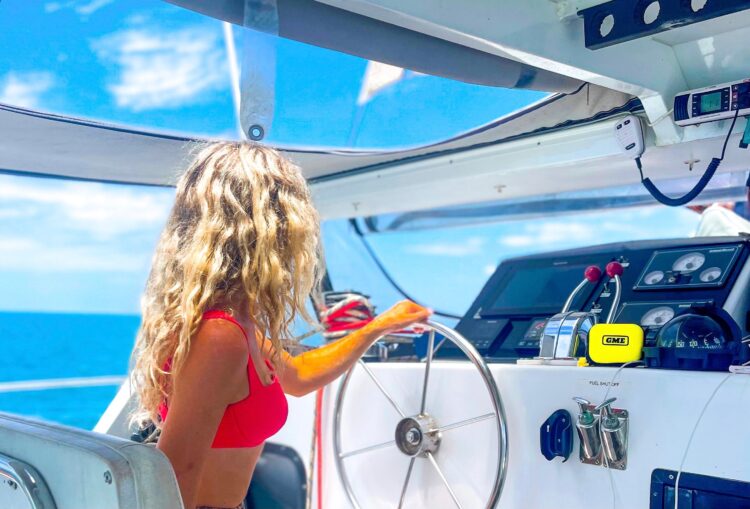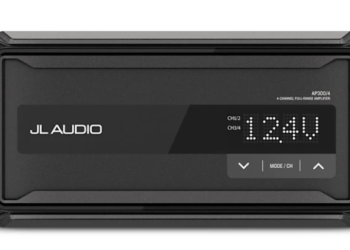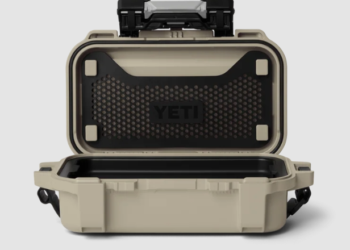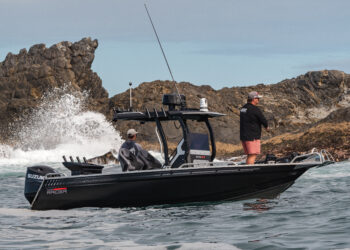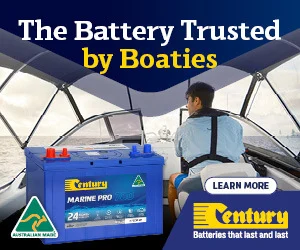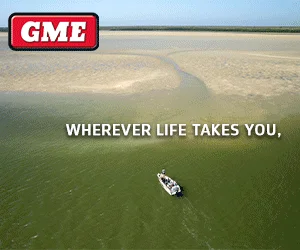AFTER a record-breaking year of aquatic rescues, new data warns this number could rise again if Aussies hit the water unprepared this summer.
With less than a third of the nation (32%) confident they could rescue themselves in an aquatic
emergency, Australia’s leading communications and safety brand, GME and adventurist and survival expert, Outback Mike, are urging Aussies to take caution and be prepared this National Rescue Awareness Week.
The launch of National Rescue Awareness Week 2025 follows the release of new research revealing that most Aussies planning to jump into the water this summer are leaving safety behind.
While most Aussies (65%) are planning aquatic adventures this summer, from recreational boating (34%) to snorkelling or diving (27%), few know how to save themselves in an emergency. The data also reveals that Aussies are swimming against the current with basic water safety. 40% of
Aussies would rely on “someone else knowing what to do” in an emergency, and just 45% of the nation is confident they could tread water for over 30 minutes.
What’s more, only one-fifth (20%) of the nation is confident in reading tides, swells and weather
conditions, and nearly half of the nation (48%) would rely on their mobile phone to call for help on the water – a risky move when offshore coverage is patchy at best.
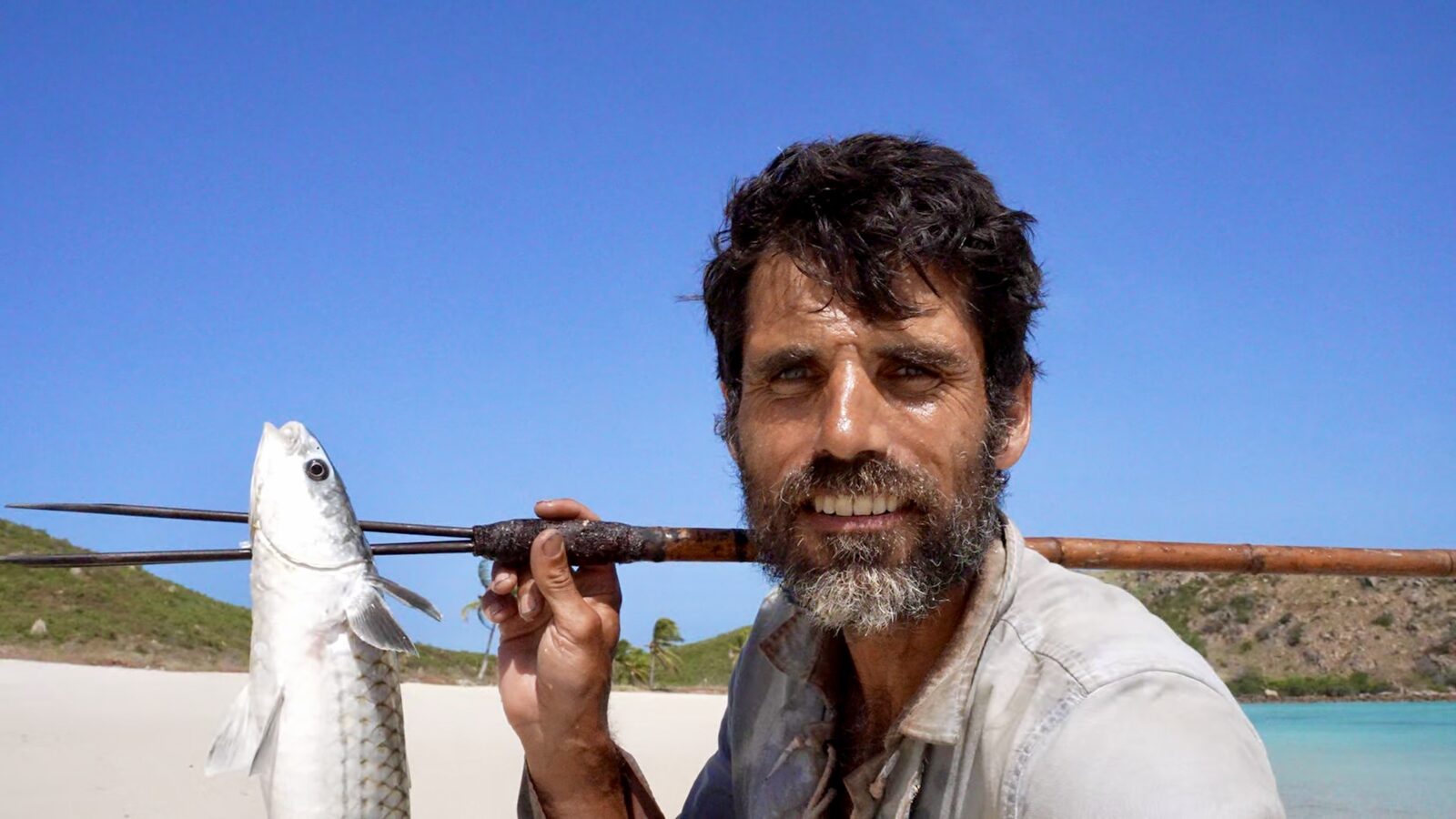
ABOVE: Michael Atkinson (aka Outback Mike)
After 50 gruelling days alone on a survival journey up the Great Barrier Reef, Michael Atkinson (aka
Outback Mike) knows better than most that a few gear choices can make all the difference for a safe trip on the water.
“Being on the water is one of the most vulnerable places for a human. When conditions deteriorate or things go wrong, having the right gear and knowing how to use it is often the difference between life and death. Surviving depends on prior preparation and good decisions made in the moment.”
“People often get into trouble because they’re underprepared or they rely on the wrong tools.”
“Having a tool like an Emergency Position Indicating Radio Beacon (EPIRB) or a Personal Locator Beacon (PLB), knowing how to deploy it, and keeping it within reach can make all the difference when things go wrong.”
“Many people rely on smart phones to call for help. Whilst many smart phones these days are satellite capable, they don’t emit a continuous signal that rescue authorities can home in on. So if you’re adrift in a lifejacket you’re unlikely to be found, particularly at night.”
“I’ve spent years in some of the harshest environments across Australia, and the ocean is the one I worry about most. Without a life jacket and a PLB or EPIRB your survival chances are very low.
“Rescue starts before you hit the water, with the right mindset, knowledge, and gear.”
Giving Aussies the tools they need to explore safely, GME and Mike have come together to create a survival preparation guide featuring five key steps to safe aquatic-related adventures.
Tony Crooke, Safety Expert at GME, said: “We know that safety is built on preparation, planning, and the assurance that comes from knowing what to do if things don’t go to plan.”
“Last year saw a record number of rescues on the water, and far too many of them could have been prevented with the right equipment and safety know-how.”
“By extending our partnership with Mike this Rescue Awareness Week, we want Aussies to feel confident when they hit the water that they’ll always get back to shore safely”.





